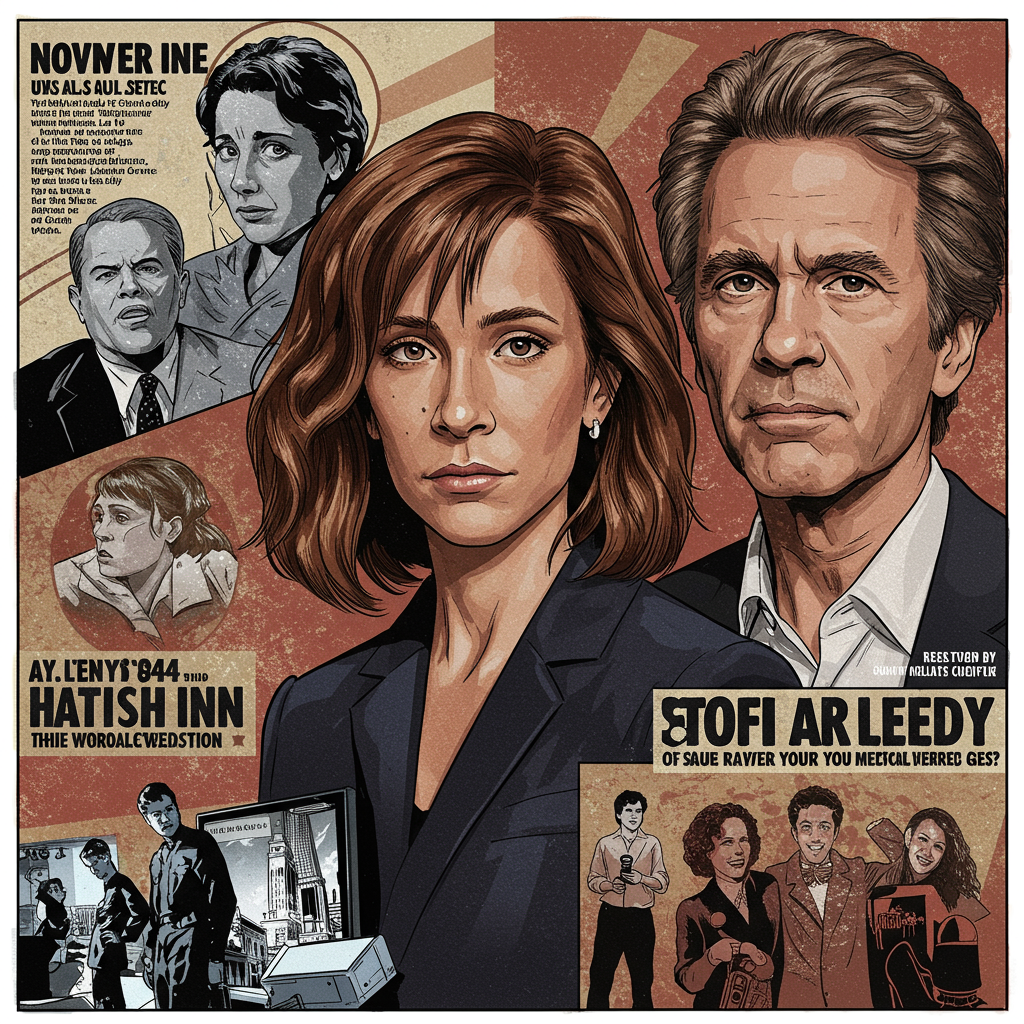Oscar-winning actress Marlee Matlin is opening up about a challenging period in her life, revealing how Henry Winkler, the beloved Happy Days star, provided crucial support and a safe haven following her tumultuous relationship with actor William Hurt. These powerful details are shared in Matlin’s new documentary, Marlee Matlin: Not Alone Anymore.
The connection between Matlin and Winkler spans decades, dating back to when Matlin was just a teenager with aspirations of acting. Winkler, already a star, saw her potential and encouraged her dreams, even when others expressed doubts about a deaf person succeeding in Hollywood. This early mentorship laid the groundwork for a deep, lasting friendship.
The Turbulent Relationship with William Hurt
Matlin’s life took a difficult turn during her two-year romantic relationship with actor William Hurt, her co-star in the 1986 film Children of a Lesser God. Matlin, who was 19 at the time while Hurt was 35, alleges the relationship was marked by a “habit of abuse.”
Despite the difficulties, Hurt did encourage Matlin to seek help for her struggles with addiction, prompting her to check into the Betty Ford Center. It was during her time in rehabilitation that Matlin gained clarity, realizing the unhealthy nature of the situation she was in. “The physical abuse and verbal abuse, the mental and emotional abuse was not right,” she shares in the documentary. “I learned that there.”
Upon leaving rehab, Matlin made a decisive choice. Recognizing the relationship with Hurt couldn’t continue, she recounts, “I walked out of that house and I never went back.”
Finding Refuge with Henry Winkler
With nowhere else to turn, Matlin reached out to her longtime mentor, Henry Winkler. Winkler and his wife, Stacey Weitzman, didn’t hesitate. They opened their California home to her, offering an “open door” both literally and figuratively.
What began as a planned weekend stay turned into a much longer period. Winkler lightheartedly recalls, “Knock on the door. Marlee… ‘I have no place to stay. I just broke up with my boyfriend. Can I stay with you just for the weekend?'” He then deadpans, “Two years later, she finally moved out.”
During her time living with the Winklers, Matlin became like a member of their family. “That family took me in as if I were one of their own,” she says, emphasizing how they provided a safe space when she wasn’t “completely whole.” Winkler offered simple yet profound guidance, telling her, “If you know what you want without ambivalence, if you’re clear about what you want, everything else will fall into place.”
Matlin credits Winkler’s unwavering support during this critical time as essential to her healing and ability to move forward in her career. “I don’t think if I had Henry in my life, I would be here,” she states. “I don’t think I would’ve made it this far.”
A New Chapter and a Lasting Bond
While living with the Winklers, Matlin met police officer Kevin Grandalski, who would become her husband. Their bond was so strong that when they married on August 29, 1993, there was “no other place” for the ceremony than the Winkler’s yard, which Matlin considered “her home away from home.” Home video footage of the wedding is featured in the documentary.
Matlin’s story highlights the complexities she navigated as a young deaf woman thrust into fame after her historic Oscar win at age 21. She reflects on the challenges, including recognizing abuse, particularly before movements like #MeToo provided more platforms for survivors.
Decades later, Marlee Matlin and Henry Winkler remain incredibly close. Matlin affectionately refers to him as her “fairy godfather,” a testament to the life-changing support he provided during her most challenging moments. Their enduring friendship underscores the profound impact mentorship and unconditional acceptance can have.


